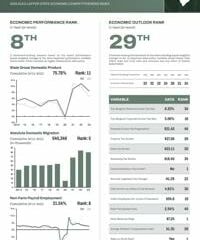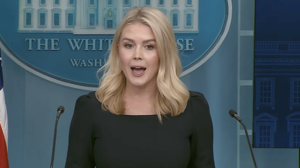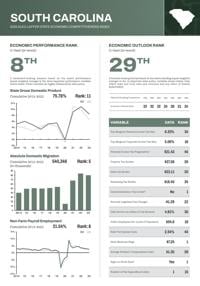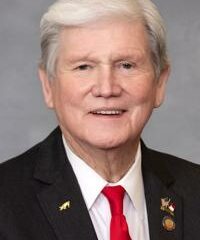(The Center Square) – The Environmental Protection Agency is reviewing regulatory changes the Biden administration made that broadened the definition of “waters of the United States,” or WOTUS, expanding the number of water bodies subject to federal permitting.
This latest step by the Trump administration toward environmental deregulation has agriculture and business advocates celebrating and environmentalists predicting a future flood of water pollution across the nation.
The definition of “waters of the United States” – which the Biden administration had expanded to include nearly all of the nation’s streams and wetlands – determines whether landowners and businesses must pay for federal permits under the Clean Water Act before beginning a project.
EPA Administrator Lee Zeldin has argued that clearer, streamlined permitting will reduce costs, encourage construction of homes and manufacturing facilities, and ensure WOTUS regulations align with the U.S. Supreme Court’s Sackett v. Environmental Protection Agency ruling of 2023, which condemned the Biden administration’s changes.
“The previous Administration’s definition of ‘waters of the United States’ placed unfair burdens on the American people and drove up the cost of doing business,” Zeldin said in a statement. “Our goal is to protect America’s water resources consistent with the law of the land while empowering American farmers, landowners, entrepreneurs, and families.”
Zeldin said the EPA will conduct the review along with the United States Army Corps of Engineers and invite input from stakeholders and state partners before issuing a rule revision.
Republican lawmakers and business leaders are hailing the move as the likely end of what they view was a “weaponization” of federal regulatory powers that bypassed state and local authorities and infringed on property rights.
“This is great news for farmers, small businesses, manufacturers, home builders, infrastructure builders, local communities, and property owners across the country,” House Transportation and Infrastructure Committee Chair Sam Graves, R-Mo., said in a statement.
“The Biden Administration, with its costly and burdensome WOTUS rule, created confusion, uncertainty, and hardship for everyone by pushing the federal government’s regulatory powers far beyond the intent of the Clean Water Act,” Graves added. “Even worse, they ignored the Supreme Court’s Sackett ruling that should have reigned in their illegal rulemaking.”
Both the American Farm Bureau and the National Association of Homebuilders support Zeldin’s plans, referencing the uncertainty and delays farmers and builders have faced since the WOTUS expansion.
“Obtaining a Clean Water Act Section 404 permit under WOTUS can take upwards of a year, and these permitting delays put home building projects on hold and increase construction costs,” NAHB Chairman Buddy Hughes stated. “[This] action by the EPA will help alleviate federal permitting roadblocks that are exacerbating the nation’s housing affordability crisis.”
But environmental advocates are strongly opposed to the move, arguing it gives a free pass to corporate polluters.
“After decades of misinformation and campaigning, corporate polluters won big when Sackett v. EPA gutted clean water protections for most wetlands and millions of miles of streams. Now, the Trump administration wants to strip even more protections,” Julian Gonzalez from Earthjustice, an environmental law nonprofit, said in a statement. “This administration is ignoring the will of the people, who overwhelmingly demand clean water.”















































